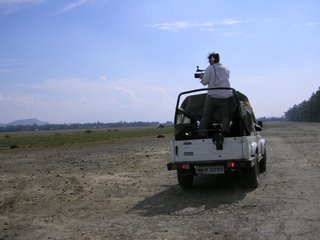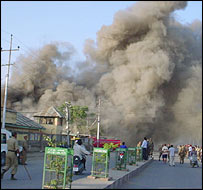In “The Knowledge Deficit”, E. D. Hirsch Jr. argues that “background knowledge,” knowledge not explicitly presented in a text, is essential to reading comprehension.
How true I have found this to be when I set out on my Manipur projects.
The utter void of background information is daunting, yet appealing in its challenge. For even if one were able to gather and provide the necessary information, why on earth would anyone devote his time to grasp that essential background knowledge? What incentive can one provide people to encourage them to devote and apply time and energy to a politically and culturally minor area that offers no career prospects whatsoever? And even then, how would one go about, and how long would it take, to build the necessary information critical mass, enough head of steam, before one can undertake effective action?
When there is little to build on, support must come from tangential, unrelated areas. Picture a mangrove tree. Perhaps other leveraging yet seemingly unconnected fields - baseball? digitization? - can provide the necessary impetus and interest for the acquisition of this knowledge.
Remapping is new connections to frame and create new knowledge.
So, imagine my happiness when Dave said today, over coffee at Café La Fortuna that he wants to make a short video based on asking Americans, with varying degrees of background knowledge, a simple query: "What is Manipur?”
Art can deliver in an instant what reams of paper take generations of scholarship and dissemination.
I could use this video in my work.

